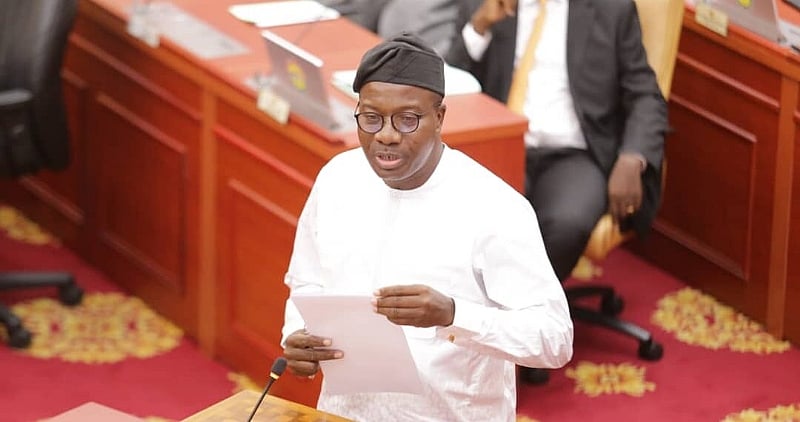Ghana’s Parliament is set to implement heightened security protocols on Thursday, February 27, 2014, during President John Dramani Mahama’s State of the Nation Address (SONA). This announcement, made by Majority Leader Mahama Ayariga, comes in anticipation of the President’s address and follows prior communications by Felix Ofosu Kwakye, Minister of State for Government Communications. The heightened security measures are designed to ensure the smooth and secure delivery of the President’s address to the assembled Parliament. The measures will impact access to the chamber, movement within the parliamentary building, and the presence of accompanying individuals.
Key among the changes is the strict adherence to a 09:15 arrival time for all Members of Parliament. Once the President arrives, National Security personnel will restrict access to the chamber, effectively barring any late-arriving MPs. This underscores the emphasis on punctuality and the seriousness with which the security surrounding the event is being treated. This restriction applies not only to members but also to any unauthorized individuals who might otherwise accompany them. The measures aim to create a controlled environment within the chamber for the duration of the President’s address.
Further restricting access within the parliamentary building, only designated individuals will be permitted entry to certain areas. Access to the Speaker’s lobby will be exclusively granted to the Deputy Speakers and the two parliamentary leaders. The area immediately preceding the Speaker’s lobby will also have limited access, although the specifics of these restrictions weren’t detailed in the announcement. Even the usual access points within the chamber will be affected. The doors on the Majority side will be locked during the address, compelling MPs on that side to exit through either the Minority side or the designated division room.
These security measures, while stringent, highlight the significance of the State of the Nation Address. The SONA is a constitutional mandate and an annual tradition that holds substantial weight within Ghana’s political landscape. It serves as a platform for the President, in his capacity as Commander-in-Chief of the Ghana Armed Forces, to provide a comprehensive overview of the nation’s current state of affairs. The address encompasses various facets, including reporting on the country’s performance, unveiling the government’s agenda for the upcoming year, and proposing legislative measures for Parliament’s consideration. It’s a moment of national importance, setting the tone and direction for the country’s governance and policy.
The constitutional basis for the SONA is enshrined in Article 67 of the 1992 Constitution of Ghana. This article mandates the President to deliver the SONA to Parliament at the commencement of each session and before Parliament’s dissolution. The constitution further obligates the attendance and reception of the address by key figures within the government, including Members of Parliament, the Speaker of Parliament, and members of the Judiciary. This underscores the constitutional weight of the event and its significance within the framework of Ghana’s democratic processes.
The comprehensive security measures implemented for the 2014 SONA reflect the importance of the event and the need to ensure a secure and uninterrupted delivery of the President’s address. The restrictions, though potentially disruptive to normal parliamentary procedures, are deemed necessary to maintain order and security during this critical national event. The measures emphasize the gravity of the occasion and the commitment to upholding the constitutional processes that underpin Ghana’s governance. They reflect a balance between maintaining accessibility for relevant parties and ensuring the safety and security of the President, parliamentarians, and the overall proceedings.


